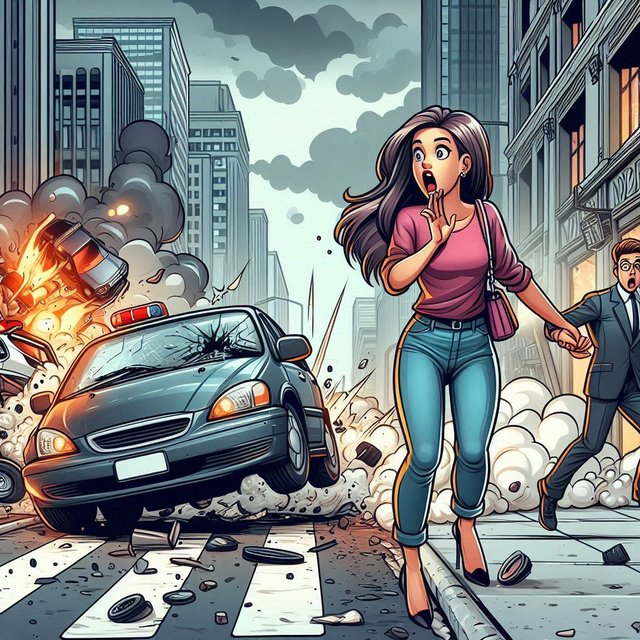Dealing with the aftermath of a car accident can be an overwhelming experience, not just physically but also psychologically. The impact of such traumatic events can linger long after the physical injuries have healed, affecting your mental health and overall well-being.

The Law Offices of Ron Sholes acknowledges the emotional toll that accidents can have on victims. Below is more information about the psychological impact of car crashes and guidance on navigating the path to recovery.
Understanding Trauma Post-Accident
A car accident is a sudden and often shocking event that can leave individuals feeling vulnerable, scared and sometimes guilty or angry. The psychological impact can manifest in various ways, including post-traumatic stress disorder (PTSD), anxiety, depression and phobias related to driving or traveling in vehicles.
It’s also important to know that you don’t have to be severely injured to experience trauma after a car accident. Thoughts of what could have happened can also cause stress. Some people go on to experience nightmares or flashbacks of the accident and become scared to drive alone or with others.
Recognizing Symptoms of Trauma
It’s crucial for survivors and their loved ones to recognize the signs of psychological trauma post-accident. Symptoms can include:
- Re-experiencing the event. This can happen through flashbacks, nightmares or intrusive thoughts about the accident.
- Individuals may avoid reminders of the accident, such as driving on certain roads or crossing specific intersections.
- Increased arousal. This includes being easily startled, feeling tense, having difficulty sleeping and experiencing anger outbursts.
- Mood swings. Feelings of hopelessness, disinterest in previously enjoyed activities or detachment from friends and family can occur as a response to the trauma.
Steps Toward Healing
If you were badly injured and are working with a car accident attorney to build a case, this can give you some peace of mind. However, these cases can take a long time and be stressful in themselves, so it’s important to work on your healing during this time. Here are some tips:
Seek professional help
Consult with a mental health professional who can provide trauma-informed care. Therapies such as Cognitive Behavioral Therapy (CBT) and Eye Movement Desensitization and Reprocessing (EMDR) have been effective in treating PTSD and other trauma-related symptoms.
Establish a support system
Connecting with friends, family or support groups can provide a network of understanding and compassion. Sharing experiences and feelings with those who have undergone similar experiences can be particularly healing. It feels good to know you’re not alone and your feelings are normal.
Develop healthy coping strategies
Activities such as mindfulness, meditation, regular physical exercise and engaging in hobbies can help manage stress and anxiety. Establishing routines can also provide a sense of normalcy and control.
Gradual exposure
For those experiencing phobias related to driving, gradual exposure therapy under the guidance of a professional can be beneficial. You may start with passive activities, such as being a passenger, and slowly work up to driving short distances. This will help you build confidence and overcome your fears.
Self-compassion
Give yourself compassion and patience. Healing is a journey that takes time, and it’s important to acknowledge and accept the range of emotions experienced without judgment. Car accidents are traumatic, and they often rob people of feeling safe on the road.
Seek Compensation for Your Pain and Suffering
The psychological impact of car crashes can be profound, but with the right support and strategies, individuals can navigate their way through the healing process. If you feel that you have a case on your hands, schedule a free case review with The Law Offices of Ron Sholes. We will look over your case and determine the next steps forward. You deserve healing and compensation—let us help you get there.